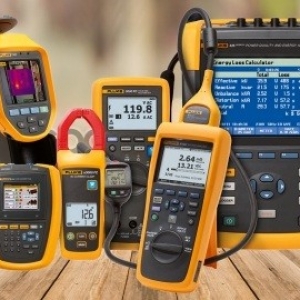Health & Safety of patients are top most priority for any medical device manufacturers. Along with this result accuracy of the device used is also very important. We have huge experience managing calibration services in highly regulated industries and provide quality solutions. Our Biomedical instrument Calibration Services rendered on biomedical devices for maintaining accuracy of instruments. Buyers can rest assured for the consistent and accurate reading of the instrument within an acceptable range.




